Bards are some of the most diverse and potent casters in DnD 5E, with the capability to harness magic from any class. But, what if they harness mechanics from other classes? What are the best multiclass options for a Bard in 5E?
Bards are Charisma-based casters with a lot of debuffing magic. They are reliant on Charisma for their Bardic Inspiration mechanic, which lets them buff the die rolls of other classes. Their subclasses improve their Inspiration further, from debuffing enemy saving throws to improving weapon damage rolls or even healing.
The five best classes to multiclass with Bard in 5E
The Bard suffers from low damage, largely due to their debuff-heavy spell list. They also don’t have the strongest buffs, being reliant almost entirely on Bardic Inspiration to improve the performance of your party members.
The Bard’s spell list and Bardic Inspiration make them overly reliant on Charisma, so it can be difficult to spread stats out to cover other mental ability scores. However, it almost always has enough point buy left over to cover physical stats, like Strength or Dexterity.
5) Rogue
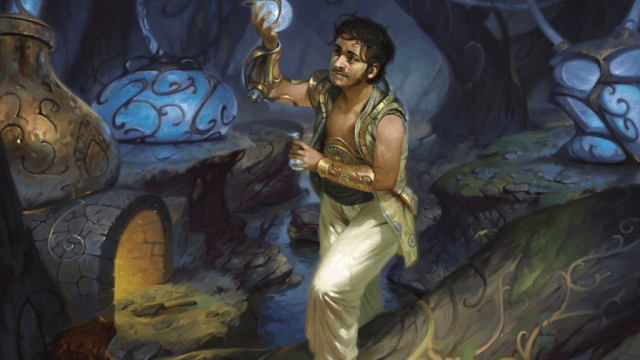
- Prerequisites: 13 Dexterity
- Bonuses: Excellent ability checks and skills, moderate damage bump
- Downsides: Weaker spellcasting
The Rogue is an interesting choice for a Bard multiclass. That’s largely because of Expertise. Alongside the Bard’s Expertise ability, Bard/Rogues can choose up to eight skills and tools with doubled proficiency bonuses. That’s more funny than overall useful and would require a level 10 Bard to take another six levels in Rogue. However, being the person in the party to overcome all ability checks is far from a bad idea.
Rogue gives the Bard a few other things to work with, though not exactly stellar traits. Sneak Attack is a good damage boost the Bard appreciates but only lands once per turn. Not a titanic amount of damage, but appreciated nonetheless.
Cunning Action is another strong feature, though the Bard is one of the very few casters with consistent access to a strong bonus action. Being able to Disengage or Hide without wasting an action is always appreciated, so the Rogue can help out quite a bit here.
Dedicating more than a handful of levels into Rogue is highly damaging to a Bard’s number of spells known and spell slots. This can be slightly improved through the Arcane Trickster, which we’d recommend for subclass. Unless you’re trying to be the Assassin Bard.
Overall, while the Bard’s out-of-combat utility gets a boost, its combat utility stagnates significantly. Cunning Action is strong, but you’re losing magic and spell slots for it. We recommend only putting three levels, at most, into Rogue. Any more might make you feel less impactful as the game moves along.
4) Fighter
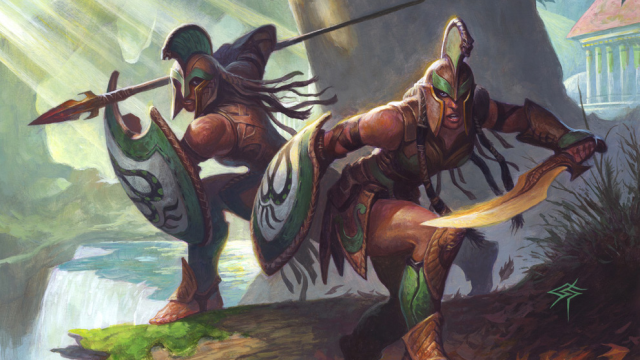
- Prerequisites: 13 Strength or 13 Dexterity
- Bonuses: Huge durability increase, good damage bump, Action Surge
- Downsides: Weaker spellcasting
The Fighter offers the Bard a handful of strong features. If you plan on playing a Bard/Fighter from the beginning, we recommend starting as Fighter and leveling into Bard. This will give you Heavy Armor proficiency right off the bat, which is handy.
It also gives you a Fighting Style and emergency healing. Even something as simple as Defense is a big boon to a growing Bard, though a damage-based Fighting Style can lead to big damage bumps for a weapon-focused build.
If you want to dip your toes into Fighter, try to get two levels. Action Surge on any class—especially casters—works well to give your build a burst option in an emergency. Chaining a concentration spell to a non-concentration spell like Raulothim’s Psychic Lance can lead to a devastating turn for your opponents.
Any more levels into Fighter is not worthwhile, though a Eldritch Knight Bard sounds hilarious. Champions or even Samurai can offer a few boons that are quite distant from the Bard’s usual build, pulling your character into a more damaging direction. Extra Attack is only available for the College of Swords and Valor, meaning that a Fighter multiclass could pull a Bard with a utility-focused college—like Eloquence—into a more weapon-friendly direction.
3) Warlock
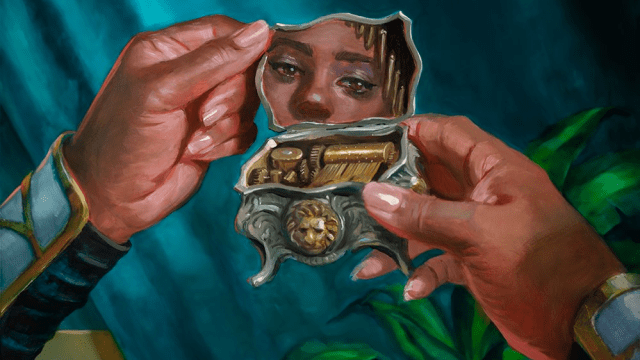
- Prerequisites: 13 Charisma
- Bonuses: Extremely high cantrip damage, access to invocations and some refresh-able spell slots
- Downsides: Normal spellcasting takes a hit
Warlock‘s Eldritch Blast is legitimately so good that getting two levels in Warlock is a legitimate strategy for improving your Bard’s day-to-day. That’s absurd.
Eldritch Blast is a big boost to a Bard who doesn’t want to use weapons. 4d10 damage is on the high end of magic, and an Eldritch Invocation is all you need to add Charisma to each and every d10.
Eldritch Invocations are also great for a Bard in general, rather than just through damage. By offering some permanent utility options, the Bard is able to see in pitch-black darkness, cast Mage Armor for free, or speak with animals. They can also get skill proficiencies, though a Bard that isn’t proficient in Deception and Persuasion is doing something very experimental.
The spellcasting is the weakest part of this ability. Pact Magic is fine overall, but we’re probably only investing a handful of levels into Warlock. That means we’re going to have low-level spells that refresh. Not exactly game-determinative, but it can be useful to refresh spells like Hex or Hellish Rebuke.
Of the Patrons, select options with strong first-level features and generically acceptable traits. Notably, the Hexblade can be good for a weapon-centric Bard, thanks to its reliance on Charisma.
Strong way to improve your damage turn-by-turn, but will reduce your endgame spell slots. You will probably only want a handful of levels in Warlock for your build.
2) Paladin
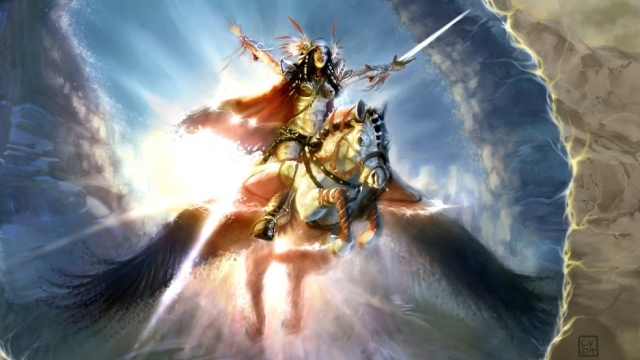
- Prerequisites: 13 Strength and 13 Charisma
- Bonuses: Great defensive abilities, Divine Smite
- Downsides: Weaker spellcasting
Paladin is the best multiclass option for a melee-centric Bard build. It has everything a Bard needs, though, you must take two levels in it. Level one Paladin is certainly not what BG3 made it.
Two levels in, your Bard becomes a warlord. A Fighting Style that can range from extremely high damage to a bump in your AC, a spell list that includes rare winners like Shield of Faith, and the ability to spend lower-level spell slots to deal damage.
The Paladin is also a fairly close contender in terms of a deeper dip. Getting Extra Attack from Paladin is completely reasonable, as is earning yourself the Aura of Protection, which adds your Charisma modifier to all saving throws. That’s an incredible defensive ability and one that you should really consider. Alongside the Hexblade Warlock, you can easily be in a position where you only need to care about Charisma for all offenses and some defenses.
If you decide on that deeper dip, you can use your Oath to really fill in Bard weaknesses. Vengeance and Oathbreaker are great options for high-single target damage, while Redemption and Conquest further boost the Bard’s debuffing capabilities.
Like the Fighter, if you want to be a Bard/Paladin, we recommend starting as a Paladin. That grants you Heavy Armor Proficiency and also means you don’t have to meet the Paladin’s 13 Strength prerequisite.
Paladin serves as a great defensive option for a growing Bard and is well worth considering, especially if your DM likes easy respecing.
1) Sorcerer

- Prerequisites: 13 Charisma
- Bonuses: Impressive spellcasting, Metamagic
- Downsides: Fewer endgame spells known
A Sorcerer multiclass is always a consideration for any spellcaster, but it fits so well into Bard. The Sorcerer’s spell list has a lot of spells the Bard’s is missing, from defensive options like Shield and Silvery Barbs to incredible buffs like Haste and Fly. Adding these spells to a Bard list is very much worth losing endgame Bard spells.
However, the Sorcerer brings more than a grocery list to the table. Metamagic is easily the best ability you can give a caster—so much so, the Metamagic Adept feat is worth considering, despite its limitations. Getting Metamagic from Sorcerer levels is huge since Sorcery Points are highly flexible if you get them from the class. Getting lower-level spell slots is a breeze with Sorcerer levels.
You also get an Origin, and there are several at low level that are worth considering. We love Aberrant Mind, Clockwork Soul, and Divine Soul, though there is absolutely an argument for Storm. Bringing those extra spells to a Bard is so, so nice.
Just watch those spells known. Sorcerers have the memory space of a Pokémon in D&D. But it’s really worth considering it because those spells are all so potent.


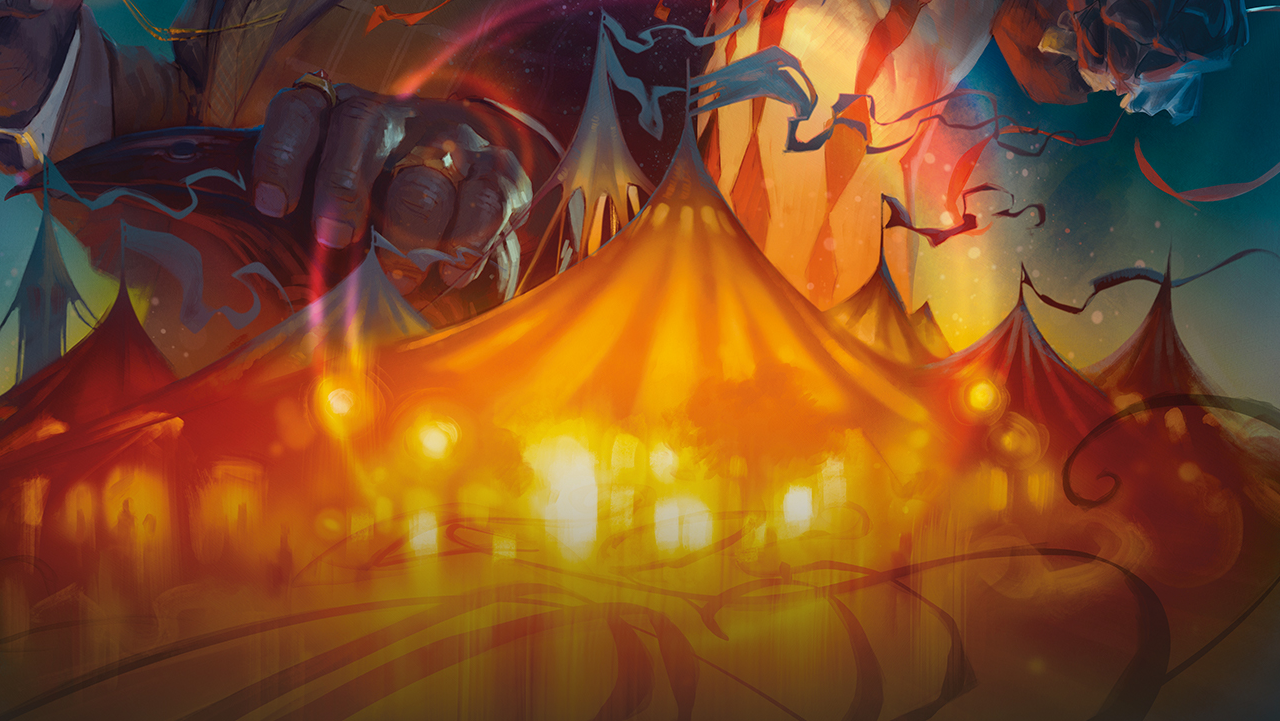
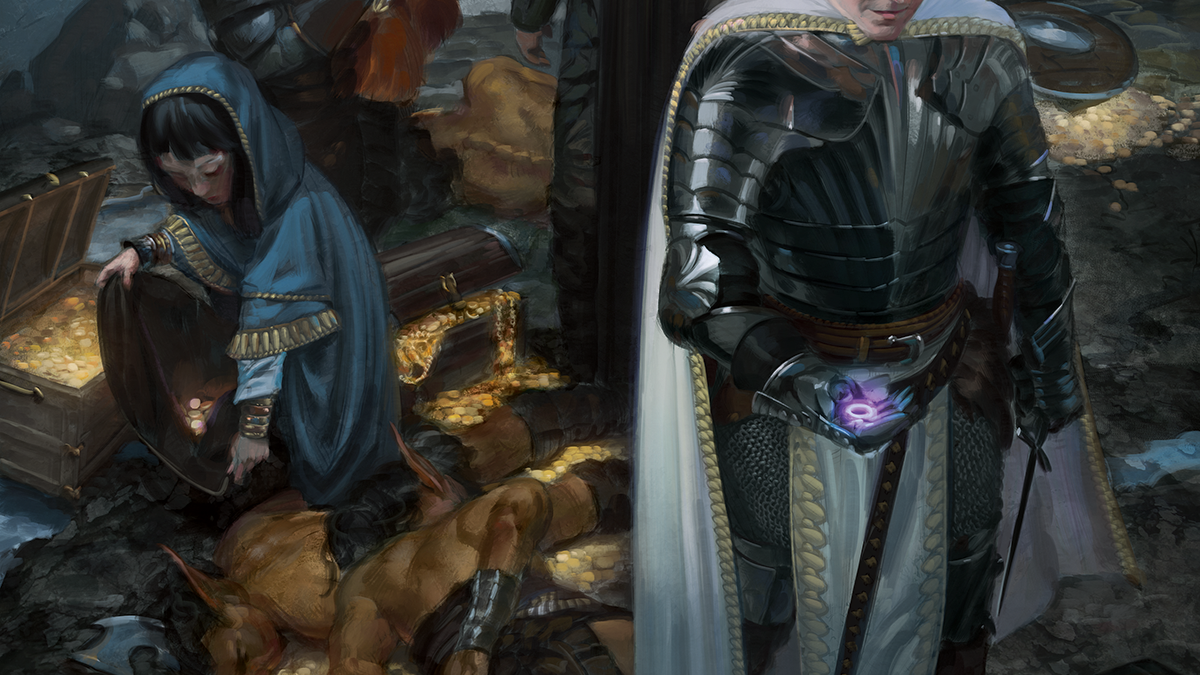
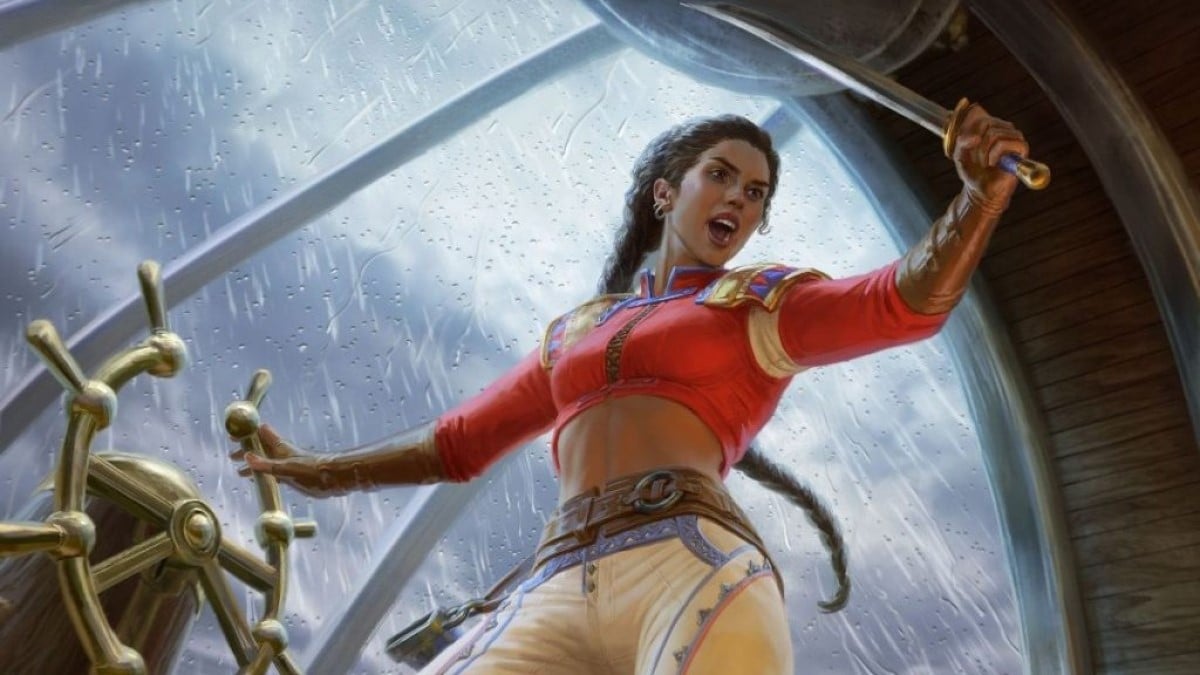
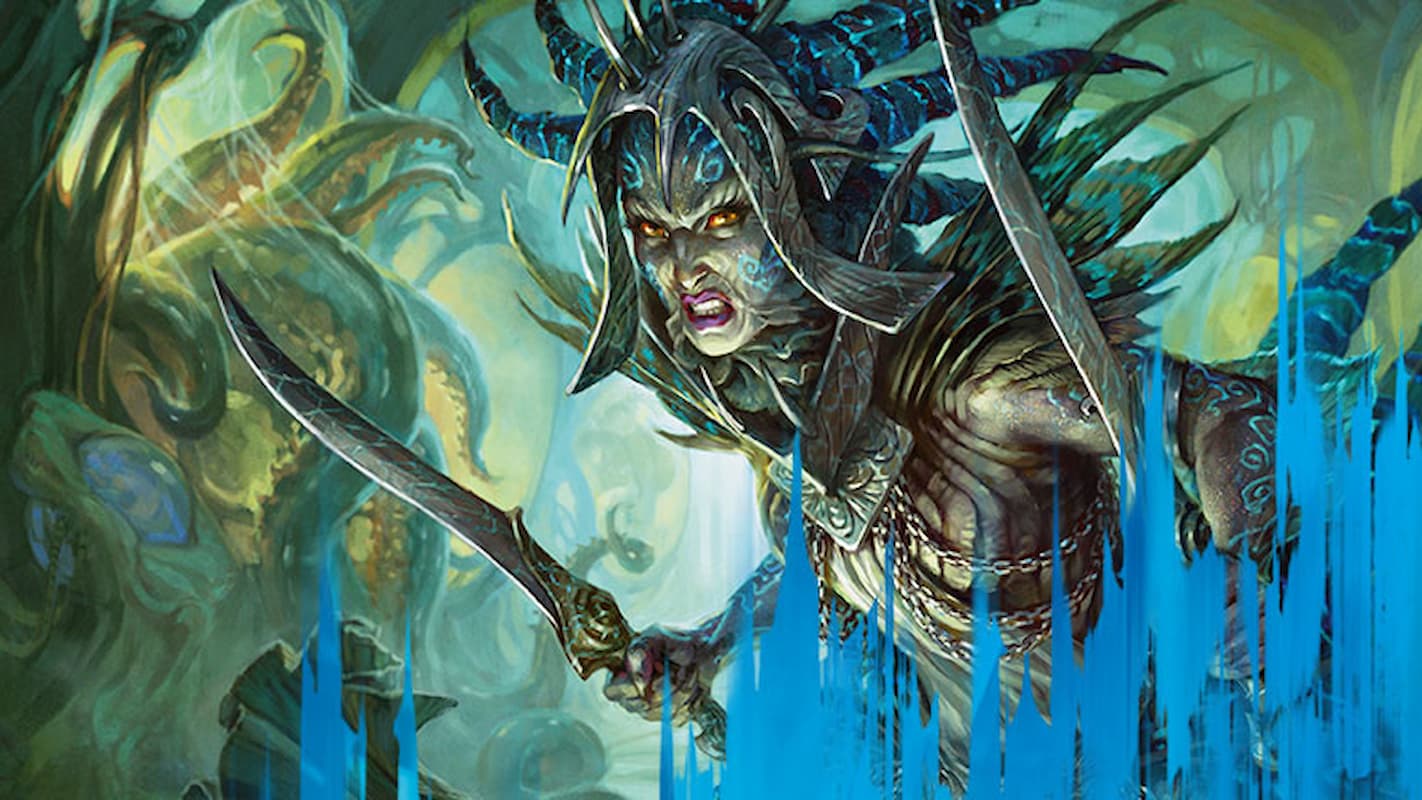
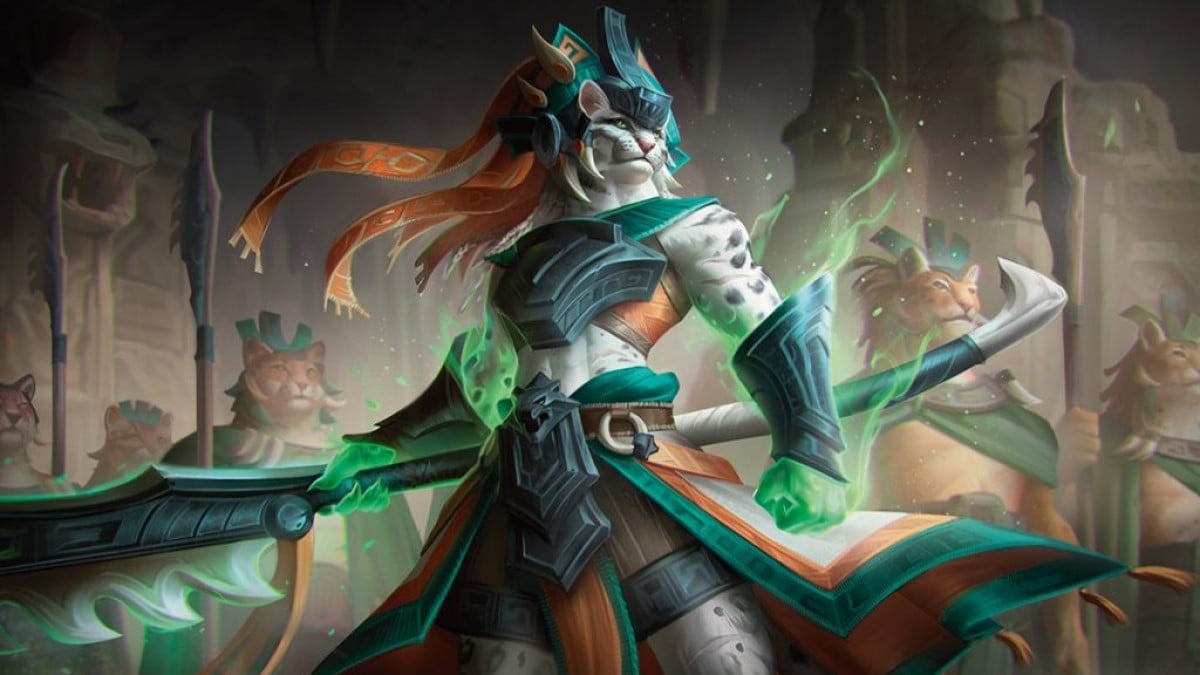
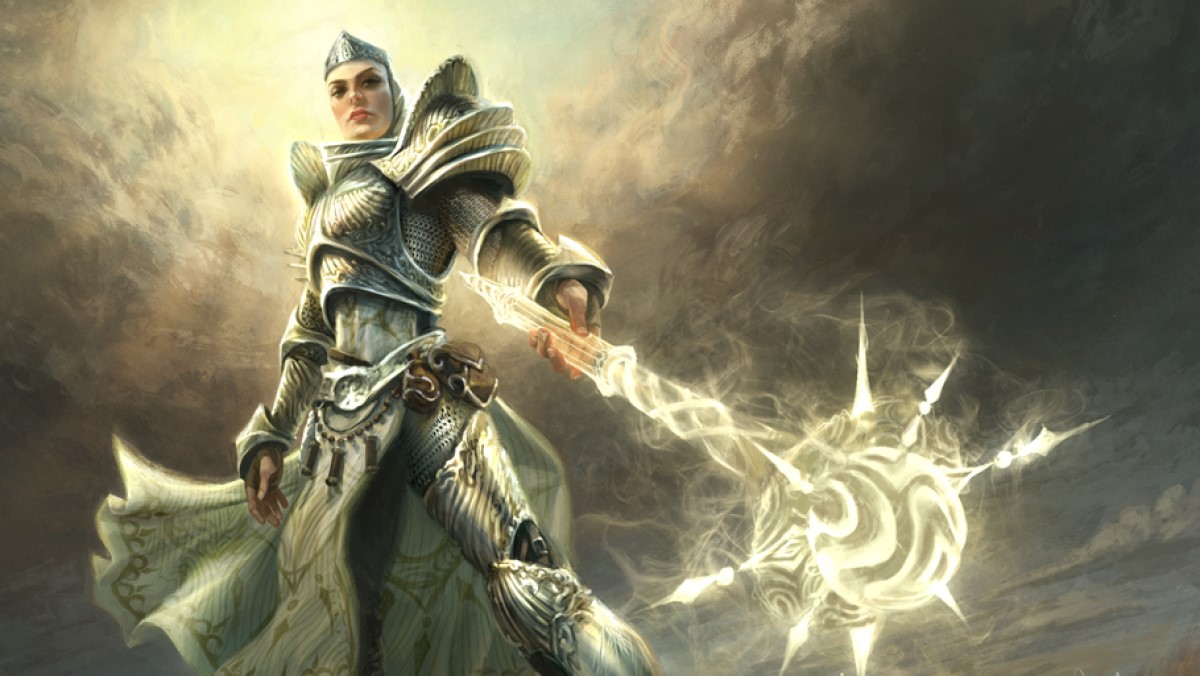

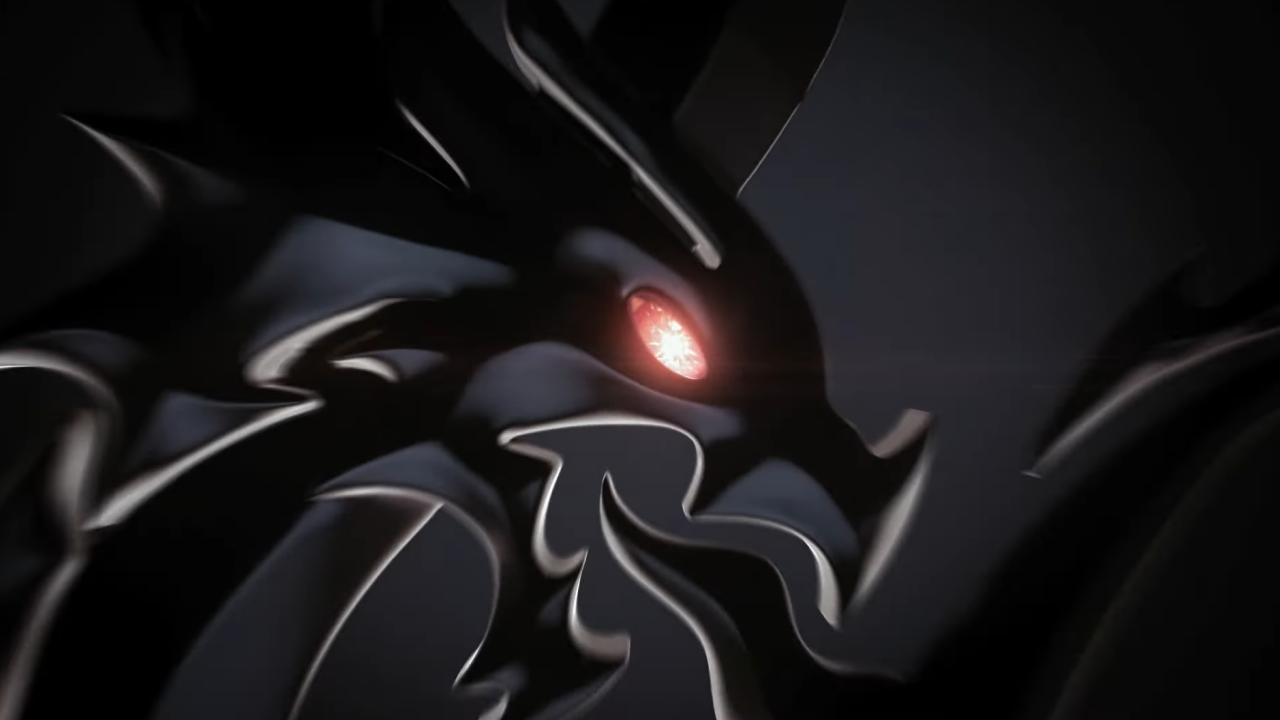
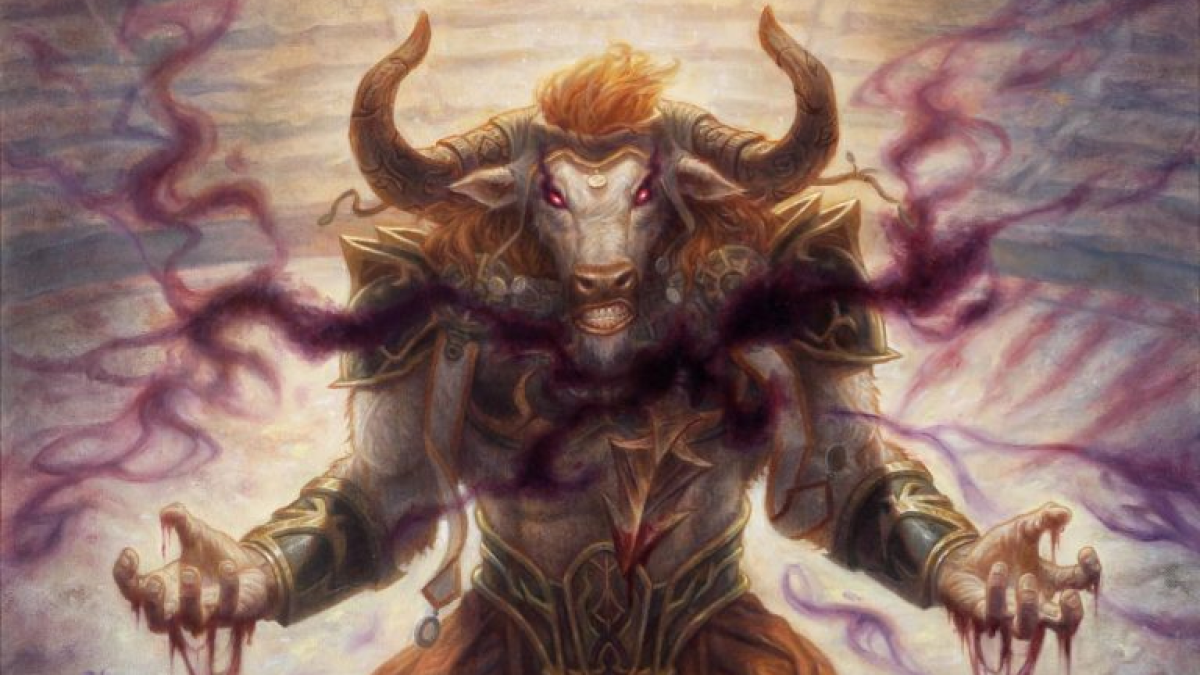

Published: Nov 23, 2023 10:25 pm